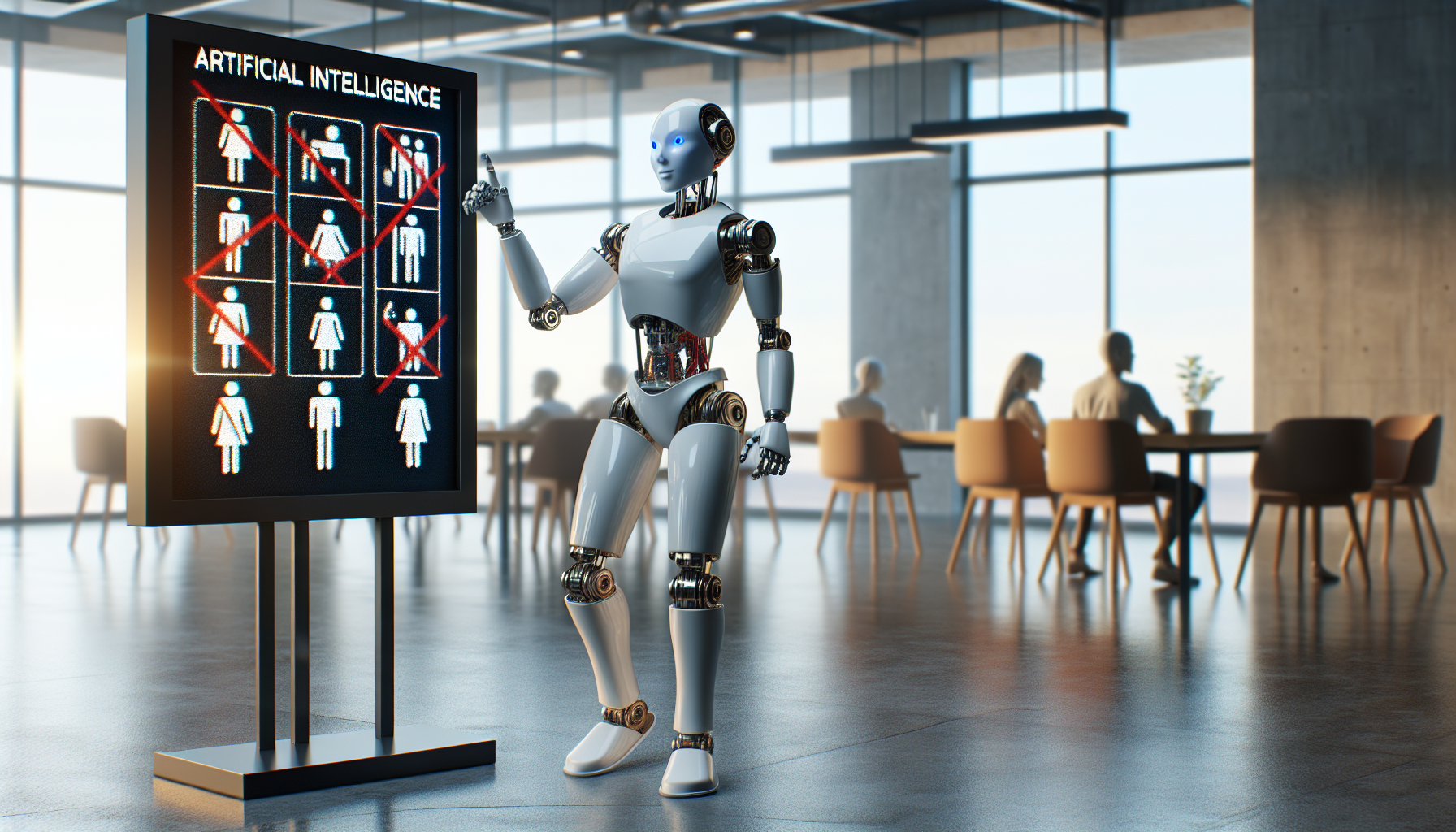
The Impact of AI on Education: Analyzing Trends in Personalized Learning Experiences
November 22, 2025
Artificial intelligence has become a transformative force in numerous sectors, and education is no exception. The application of AI in educational contexts is evolving, particularly in creating personalized learning experiences. As traditional one-size-fits-all approaches to education increasingly show their limitations, AI offers a pathway to more tailored educational experiences that cater to individual student needs, learning styles, and pace.
The advent of AI-driven personalized learning platforms marks a significant shift in how educational content is delivered and absorbed. These platforms utilize complex algorithms and data analytics to assess a student's learning habits and performance in real time. This enables the customization of curriculum and instructional methods to suit individual learners. For instance, adaptive learning systems can modify the difficulty level of tasks based on a student's progress, ensuring neither overwhelm nor boredom hinders their educational journey.
A deeper dive into the technical mechanics behind these systems reveals the pivotal role of machine learning algorithms. By analyzing vast amounts of data, these algorithms discern patterns and preferences that might elude human educators. This data-centric approach enables the identification of gaps in knowledge and the provision of targeted resources to address them, thereby optimizing the educational process.
Moreover, the integration of natural language processing (NLP) in AI systems has facilitated the development of intelligent tutoring systems. These systems can engage students in dialogue, answer questions, and provide explanations in a manner akin to a human tutor, thereby offering immediate feedback and personalized guidance. This capability not only enhances student engagement but also fosters a deeper understanding of complex subjects.
Despite these promising developments, the implementation of AI in education is not without challenges. Data privacy concerns are at the forefront, as personalized learning systems require extensive data collection to function effectively. Ensuring that student data is collected, stored, and utilized ethically is paramount to maintaining trust in these technologies. Additionally, there is the challenge of digital equity. While AI has the potential to democratize access to high-quality education, the digital divide could exacerbate disparities if not addressed. Ensuring that all students have access to the necessary technology and resources to benefit from AI-driven learning is crucial.
Another technical aspect worth examining is the role of AI in facilitating competency-based education models. AI systems can track student progress against predetermined competencies, providing a more granular view of a student's mastery of a subject. This approach allows for a shift from time-based educational models to mastery-based models, where students progress upon demonstrating competency rather than spending a set amount of time on a subject. This can lead to more efficient learning pathways, potentially reducing time to graduation.
The use of AI in education also prompts a reevaluation of the role of educators. Instead of being primary content deliverers, educators can transition into facilitators and mentors, guiding students through personalized learning paths and focusing on critical thinking and problem-solving skills. This shift necessitates professional development and training for educators to effectively integrate AI tools into their teaching practices.
In exploring the future trajectory of AI in education, it's essential to consider the broader implications of its adoption. The potential for AI to revolutionize education extends beyond personalized learning experiences. It could lead to the development of new pedagogical theories and practices, informed by data-driven insights into how students learn most effectively. This raises intriguing questions about the future of educational research and the possibility of discovering novel instructional methods.
The potential of AI to transform education is immense, yet its successful integration hinges on addressing technical, ethical, and societal challenges. As AI continues to evolve, it is crucial to foster a dialogue among educators, technologists, policymakers, and students to navigate this complex landscape. How will we ensure that AI-driven education remains inclusive and equitable? Can we balance the benefits of data-driven personalization with the need for privacy and ethical data use? These questions invite ongoing exploration as we continue to harness AI's capabilities to reshape the educational experience.


